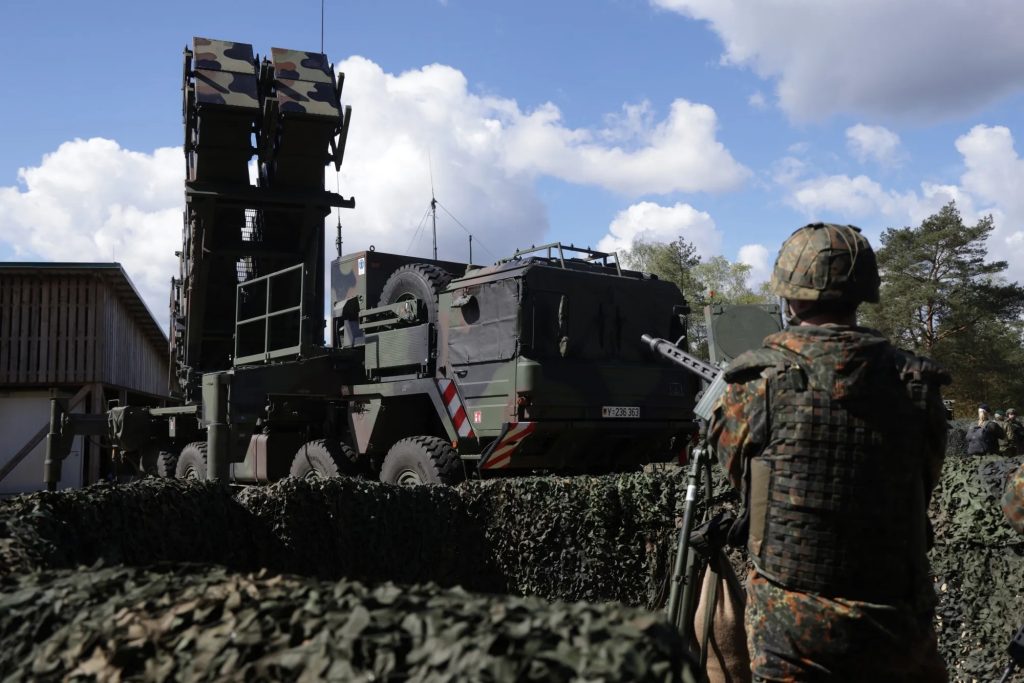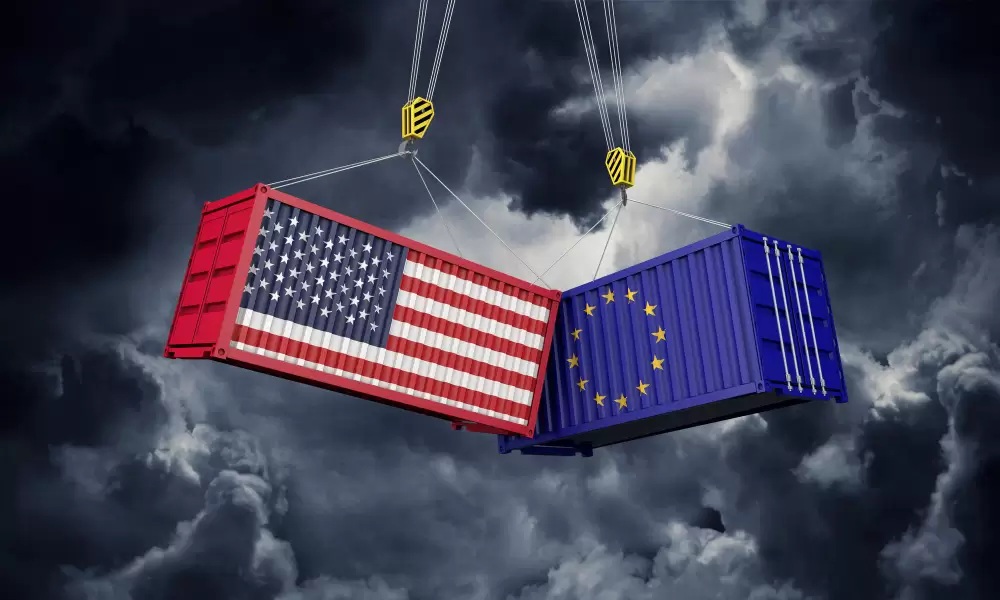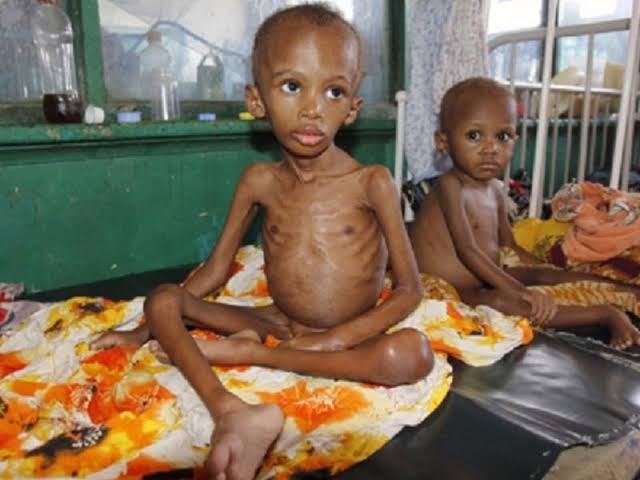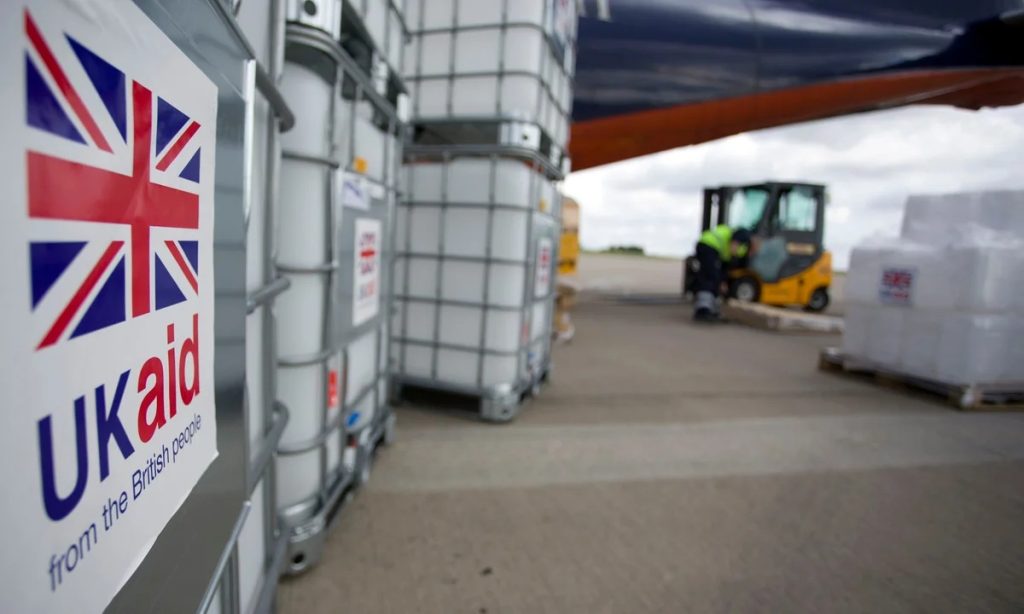News
EU, China Hold Tense Talks in Beijing
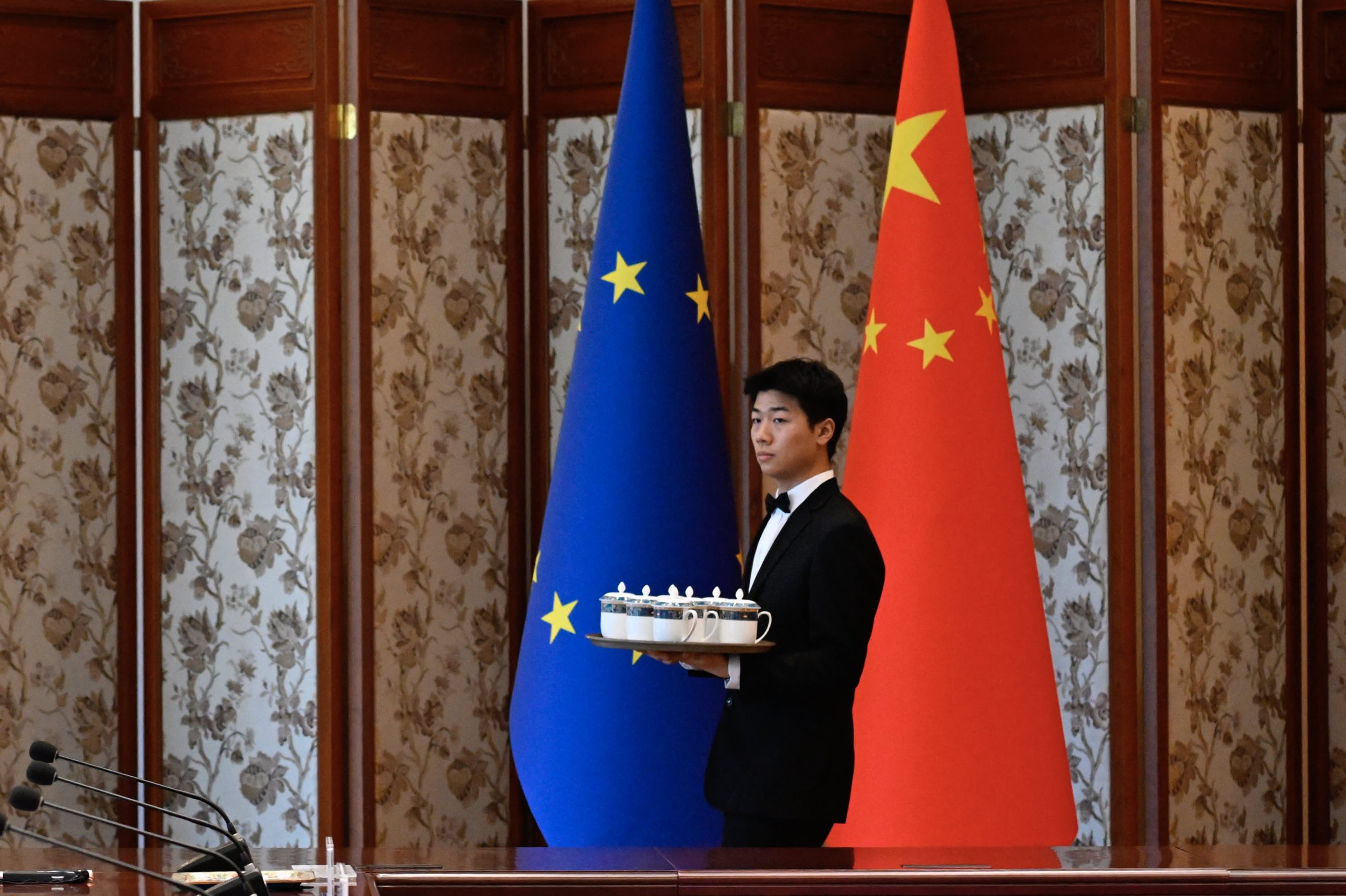
European Commission President Ursula von der Leyen and European Council President Antonio Costa are in Beijing this week for a high-level summit with Chinese President Xi Jinping, marking 50 years of diplomatic relations between the European Union and China.
Online media reports say the talks come at a time of growing geopolitical tensions, stalled trade relations, and mistrust over issues ranging from Ukraine to global market competition.
Set for Thursday, the 25th EU-China summit is expected to be more symbolic than transformative, with few expecting significant breakthroughs.
Initially planned as a two-day event in Brussels, the summit was downsized and relocated to Beijing after Xi reportedly declined an earlier invitation to attend in Europe, according to The Financial Times.
China only confirmed the final arrangements for the summit earlier this week.
Alongside Xi, Chinese Premier Li Qiang is scheduled to meet von der Leyen and Costa in what Beijing is portraying as a fresh opportunity to improve ties with Brussels.
According to Marina Rudyak, an assistant professor at Heidelberg University’s Institute of Chinese Studies, Beijing is aiming to steer the dialogue toward “pragmatic cooperation” and away from points of conflict.
“What we hear consistently from the Chinese side is: let’s normalize relations, let’s focus on where we agree, and manage our differences,” Rudyak told Al Jazeera.
In line with this tone, Chinese state media released upbeat commentary on EU-China relations this week, which often serves as an indirect signaling method from Chinese officials.
Foreign Ministry spokesperson Guo Jiakun echoed that sentiment, describing the EU-China relationship as “one of the most influential bilateral relationships in the world” and at a “critical juncture.”
Still, the summit comes against a backdrop of persistent and deepening discord.
Political Rifts and Lingering Sanctions
Despite Beijing’s overtures, Europe remains wary. Relations soured significantly in 2021 after the EU imposed sanctions on Chinese officials over human rights abuses against Uighur Muslims in Xinjiang.
China swiftly retaliated with sanctions on European politicians and institutions, creating a diplomatic stalemate.
Though China lifted sanctions on European lawmakers earlier this year as a gesture of goodwill ahead of the summit, broader political tensions remain.
This is particularly over China’s close relationship with Russia since the invasion of Ukraine in 2022.
The EU accuses Beijing of enabling Moscow by continuing to purchase large volumes of Russian energy and by exporting “dual-use” technologies, goods that can serve both civilian and military purposes.
China denies violating international sanctions and claims it supports a peaceful resolution in Ukraine.
European concerns deepened further in June.
This was after reports emerged that Chinese Foreign Minister Wang Yi told his EU counterpart that Beijing didn’t want Russia to lose the war.
He feared that a Russian defeat would allow the U.S. to refocus its attention on China.
That statement, according to Rudyak, triggered alarm within EU diplomatic circles.
In response, the EU recently targeted two Chinese banks and five Chinese companies in its latest round of sanctions on Russia, citing their role in supporting Moscow’s war economy.
China’s Ministry of Commerce denounced the move, warning that such actions “seriously harm” EU-China trade relations and vowed potential retaliatory measures.
A Complicated Trade Landscape
Trade tensions also loom large over the summit.
China remains the EU’s third-largest trading partner, but the bloc’s trade deficit with China has nearly doubled in the past decade, reaching over €305 billion ($359 billion) in 2024.
European leaders argue that Beijing engages in overproduction and dumps state-subsidized goods, especially electric vehicles, into the EU market, threatening local industries.
“Europe is deeply concerned about the long-term impact on core industries like automotive manufacturing,” Rudyak noted.
In retaliation for EU trade probes, Beijing has launched investigations into alleged “dumping” by Europe, targeting products such as dairy, pork, and even French brandy.
Chinese curbs on critical exports, including rare earth minerals essential to EV production, have added to the strain.
Navigating Between Powers
China also remains frustrated with what it sees as Europe’s inconsistent approach to balancing its ties with Beijing and Washington.
According to Wang Yiwei, director of the EU Research Centre at Renmin University in Beijing, China is disappointed that the EU sometimes aligns itself with U.S. policy positions, particularly those seen as antagonistic toward China.
“China had hoped Europe would offer more resistance to U.S. dominance, but instead it finds the EU trying to walk a fine line, supporting Washington’s containment of China while also seeking independent engagement,” Wang said.
Beijing wants the EU to shift its framing of the relationship from “competitive cooperation” to “cooperative competition,” emphasizing mutual gain over strategic rivalry.
Low Expectations, High Stakes
Analysts say expectations for Thursday’s summit are modest. Marta Mucznik, a senior EU analyst at the Crisis Group, emphasized that the goal is not dramatic change, but sustained dialogue.
“The EU doesn’t anticipate breakthroughs but values the chance to keep communication lines open with Beijing,” she said.
She added that Brussels is also working to “reduce critical dependencies” on China while defining its global role more clearly.
Both sides are likely to emerge from the summit reaffirming their commitment to dialogue.
On the other hand, the reality is that key disputes over trade, human rights, and global alliances will continue to test the limits of EU-China cooperation.
For Diaspora Digital Media Updates click on Whatsapp, or Telegram. For eyewitness accounts/ reports/ articles, write to: citizenreports@diasporadigitalmedia.com. Follow us on X (Fomerly Twitter) or Facebook






